Davidson is a small liberal arts college in North Carolina with 2,000 students. Historically, it has had a solid men’s basketball team but had struggled to find its big break. That changed when Stephen Curry came to town: In his sophomore year in 2008, he led the Wildcats to the Elite Eight as a 10-seed, defeating Gonzaga, Georgetown, and Wisconsin before falling by two points to eventual champion Kansas.
The next season, fans packed home and away gyms to see Curry. The exposure brought better recruits and helped the team sustain success, leading to a 2014 move from the Southern Conference—which sends only one team to the tournament every year—to the larger, more profitable Atlantic 10. According to most recent tax filings, the Southern Conference made $4.8 million in revenue, while the A-10 made $26 million.
“That ability to have more teams in the tournament, to have more TV revenue because of that, because of NCAA units and distribution, that’s a game-changer,” athletic director Chris Clunie tells Front Office Sports.
But the story for Davidson, as well as many others, doesn’t necessarily have a neat and tidy happy ending. In the short term, a Cinderella run brings riches, prestige, and free university marketing. But in the long term, the success can sometimes get schools blacklisted from the lucrative “buy game” market, which creates scheduling problems and an immediate blow to the budget. That’s particularly concerning given the extra costs schools already face in trying to sustain their success.
The common theme among men’s basketball Cinderellas: Their runs elevate the entire athletic department. Officials from former Cinderellas tell FOS that the national attention from their season brought an increase in admissions, ticket sales, and donations. They’ve moved to higher conferences, improved facilities, and have been more successful by recruiting at a higher level.
Loyola Chicago reached the Final Four as an 11-seed in 2018, led by leading scorer Clayton Custer and buoyed by team chaplain Sister Jean. The school’s women’s soccer coach, who won four consecutive Missouri Valley Conference championships, credits the ’18 Final Four run for providing name recognition when recruiting, according to senior associate athletic director Tom Sorboro. He says that Loyola wouldn’t have joined the A-10 in ’22 if not for the Cinderella run.
Before 2018, “Nobody carried Loyola stuff, even in our neighborhood,” Sorboro says. Thanks to the run, the school added about 30 retail locations and about 35 license applications for companies to produce Loyola merchandise, leading to a roughly 430% increase in royalty revenue that next season, per Sorboro. One example: The Sister Jean bobblehead became the National Bobblehead Hall of Fame and Museum’s all-time bestseller (Dr. Anthony Fauci set a new record in April 2020). As the program has sustained success, those vendors and licensees haven’t fallen off, Sorboro says.
Oral Roberts didn’t finish at the top of the Summit League in 2021 but made a postseason run as a 15-seed all the way to the Sweet 16, which included shocking two-seeded Ohio State in overtime. The influx of donations helped fund a multimillion-dollar arena renovation and $15 million, nearly 50,000-square-foot athletic center. The school has also welcomed its three biggest freshman classes in the last three years, per Oral Roberts athletic director Tim Johnson.
“It changed this university for the next 50 years, that three-week period,” Johnson says.
The season after the Cinderella run is when the problems begin, with one unintended side effect in particular: One of the main revenue streams takes a major hit because scheduling nonconference “buy games” becomes more difficult. Think of a scarlet letter.
Normally, mid- or low-majors without a history of success make significant athletic department revenue through nonconference matchups called “buy games.” A buy game, also called a guarantee or paycheck game, is a practice in college football and basketball where bigger, better, richer programs pay smaller ones to come play a game. Small programs earn $80,000 to $100,000 in these agreements, Clunie says. If a team can land a few buy games a year, they can earn close to half a million dollars.
It’s a symbiotic relationship: Bigger schools do it to help their record and fill their schedule, and smaller schools relish the chance for an upset and rely on the boost to their coffers.
Post-Cinderella teams, however, live in a nonlucrative gray area. They’re respected enough that high-majors don’t want to play or pay them, lest they end up paying to suffer an embarrassing loss. Former Cinderellas become “a little bit too dangerous,” to quote Clunie. For the first time, Oral Roberts, Davidson, and Loyola Chicago found themselves on the other side of that equation. Johnson says they framed a rejection email when they requested to play from Duke—the rejection spoke to the team’s reputation but didn’t help the athletic department’s bottom line.
In a rare instance in December 2021, Davidson and Alabama were both set to play other teams who got COVID-19, so the two squared off in Birmingham. Davidson won 79–78.
Now, the schools are not only losing income after being rejected by elite programs. They’re also shelling out to bring smaller schools to come play them. That’s just one of the many newfound expenses in the post-Cinderella era. They have to raise money for name, image, and likeness collectives to retain players who have potentially grabbed the attention of bigger programs, and compete with other programs in their new tier of success. And, most of all, they have to find the cash to retain the coach who led them to the Cinderella run. From FAU’s Dusty May to Saint Peter’s Shaheen Holloway, coaches could depart for bigger programs any time between a few days and a year after their run ends.
“You have to raise money for the budget, you have to raise money to buy games, and then you have to raise money for your NIL collective as well,” Johnson says of the new financial demands since the Cinderella run.
It’s not just a regular-season issue. Scheduling and winning nonconference games over big opponents impresses the NCAA tournament’s selection committee. Getting fewer chances to do so makes it harder to return to the tournament and rake in valuable units.
Davidson’s 2021 win over the Crimson Tide was an important deciding factor for its entry into the NCAA tournament that year. “If you only have a handful, then it puts more pressure on you. You gotta win those,” Clunie says. “That win helped solidify us as an at-large team. We were 15–3 in conference and had a really good season, but that was our opportunity.”
Former Cinderellas have found workarounds to their scheduling issue through “multiteam events,” or nonconference tournaments often played during Thanksgiving and Christmas. Davidson and Loyola say they rely on MTEs to fit quality games into their schedule that might impress the committee.
Despite the challenges, the former Cinderellas are embracing the new terrain. They don’t want to be one-hit wonders, and they welcome all that comes with being mid-major mainstays.
“We would rather be in this position where we’re the team that has to buy as opposed to the team that’s getting bought or relies on being bought to function as a department or as a program,” Sorboro says.
Loyola, Davidson, and Oral Roberts have all found their way back to the NCAA tournament at least once since their runs, as have other programs like Butler, VCU, and Saint Peter’s. They’re proving that sustaining success is arguably more challenging than beating Goliath.
“Hopefully one day we’ll be a case study,” Johnson says. “So that in five, six years, people are saying, ‘Man, how did ORU do that?’”
—Reporter Amanda Christovich contributed to this story.
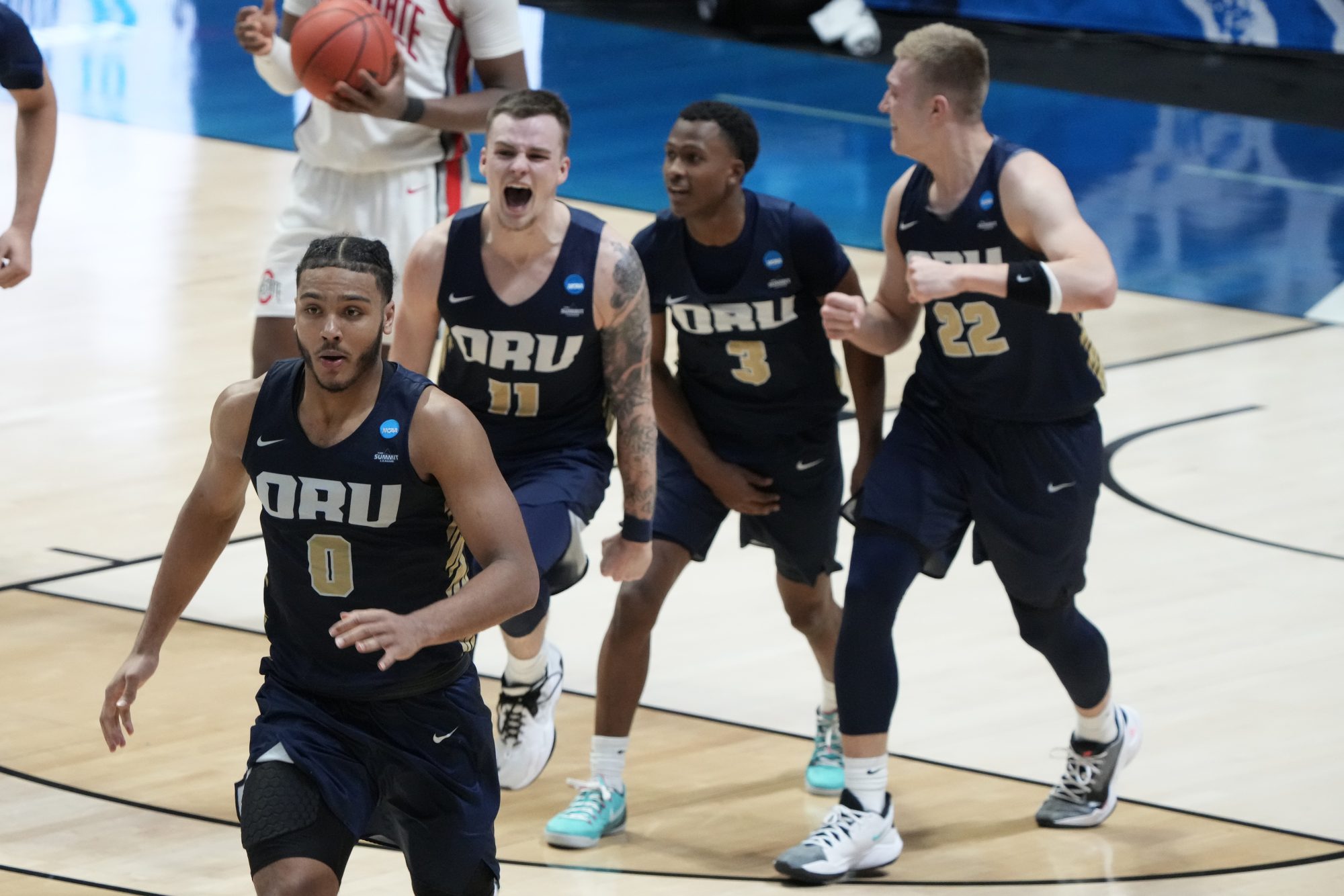
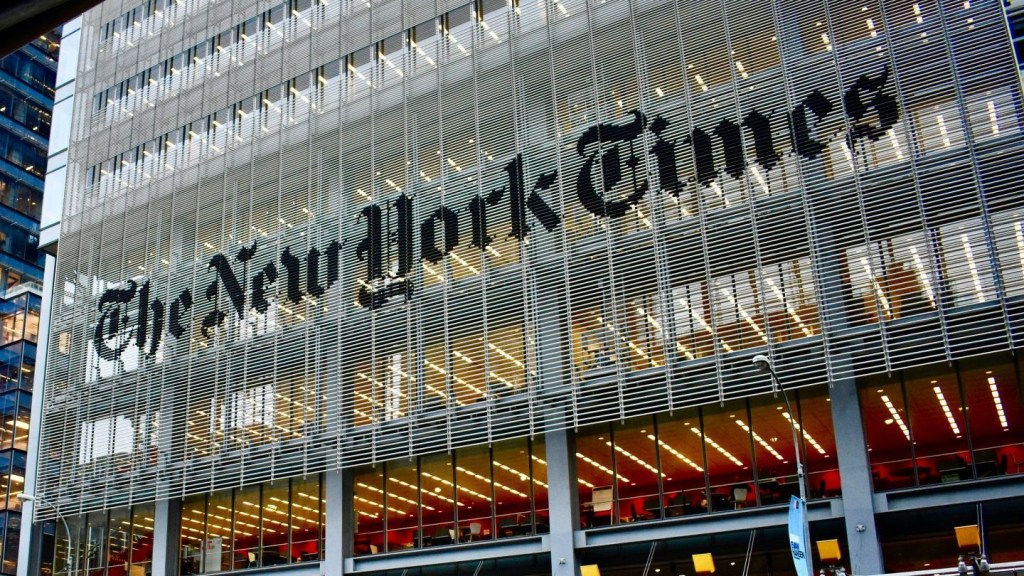
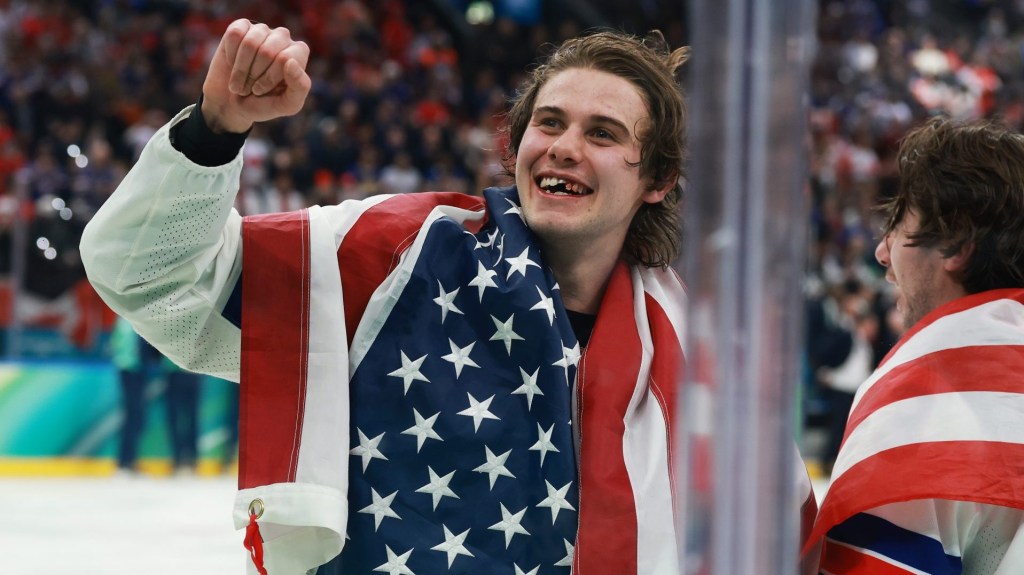
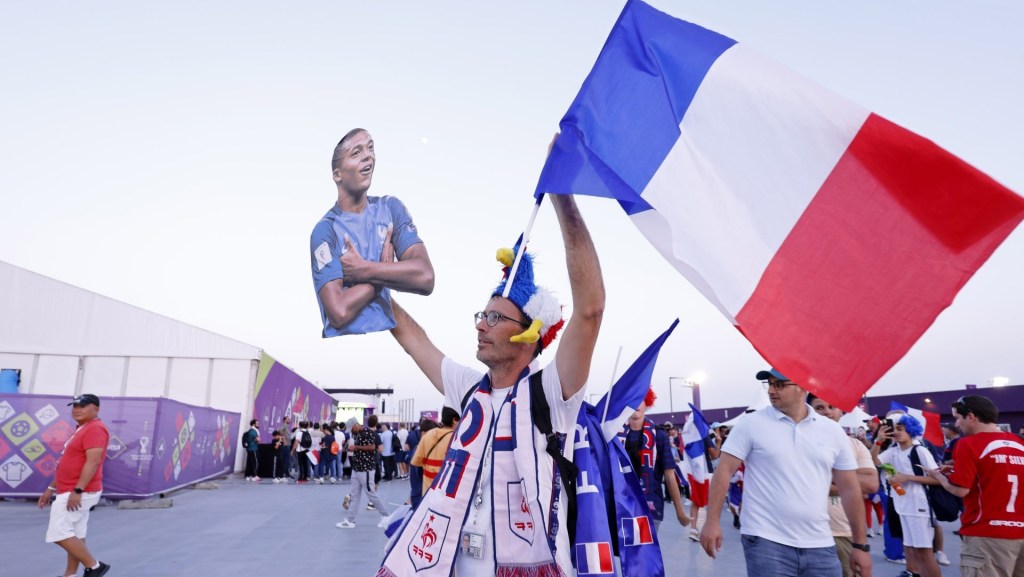
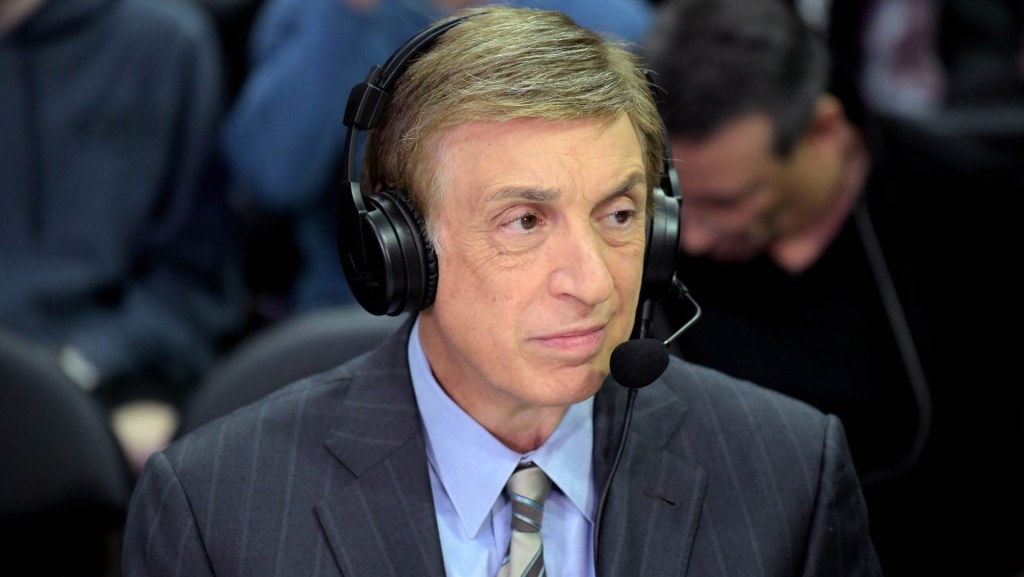

![[Subscription Customers Only] Jul 13, 2025; East Rutherford, New Jersey, USA; Chelsea FC midfielder Cole Palmer (10) celebrates winning the final of the 2025 FIFA Club World Cup at MetLife Stadium](https://frontofficesports.com/wp-content/uploads/2026/02/USATSI_26636703-scaled-e1770932227605.jpg?quality=100&w=1024)











